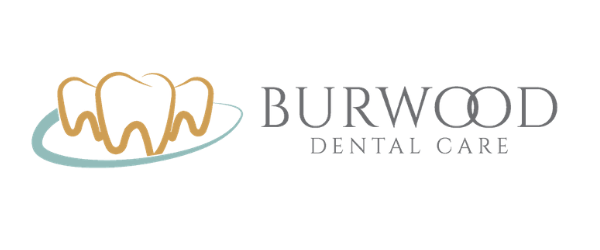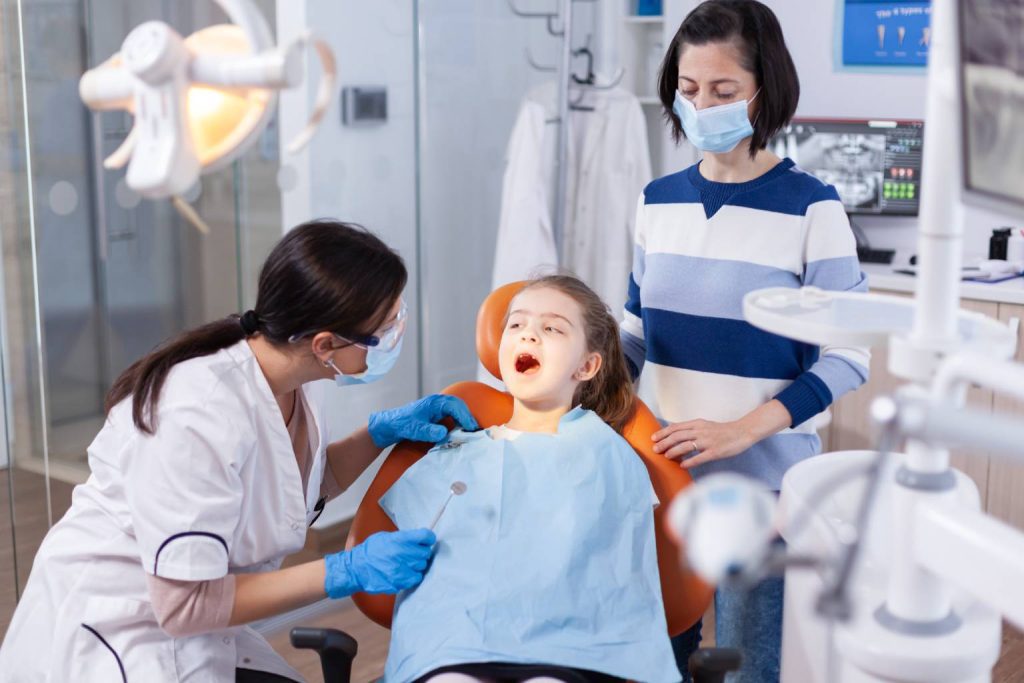- Dr. Ash Sagar
- No Comments
Most people grind their teeth at some point in their lives, but for some, it becomes a habit that’s difficult to break. If you’re one of those people, then you may be wondering why you do it and what you can do to stop it.
Additionally, many people grind their teeth without even realising it.
In fact, there are a number of reasons why people grind their teeth. Here are just a few of them: stress, anxiety, and poor dental hygiene. Keep reading to learn more about these reasons and how we can help you with treatment for bruxism.
Bruxism can occur while you are awake or asleep, but the pressure of the grinding action is the same.
Sleep bruxism
Awake bruxism
Reasons Why You Grind your Teeth grinding
Teeth grinding is characterised by a chewing or grinding motion in which the teeth rub against one another. Clenching occurs when a person clasps their teeth together and squeezes their muscles without moving their teeth back and forth.
This condition can have different root causes. It may be a combination of certain medications, health conditions, or emotional issues. Common reasons why you grind your teeth are the following:
Lifestyle
Sleep disorders
Emotional issues
Dental problems
Certain medications
There are instances that may increase the risk of bruxism:
Age
Bruxism is prevalent among children. This is because of the growth of their adult teeth. But, because the teeth and jaw grow so quickly in childhood, bruxism frequently resolves on its own without causing long-term damage to teeth.
Other disorders
Bruxism has been linked to a variety of mental health and medical disorders, including Parkinson’s disease, dementia, gastroesophageal reflux disease (GERD), epilepsy, night terrors, attention deficit/hyperactivity disorder (ADHD), and sleep-related disorders such as sleep apnea.
Family history
If you or someone in your family has a history of teeth grinding or jaw clenching, you are more likely to develop the condition as well.
Personality type
Aggressive, competitive, or hyperactive personality types are more likely to experience bruxism than other personality types.
Do Children Grind their teeth?
Teeth grinding is more prevalent in children than you may believe. Three out of every ten children grind their teeth before the age of five. This is usually not a cause for concern, and most children outgrow it by the age of six. Teething or poor tooth alignment are the most common causes of teeth grinding.
Yet, the tooth grinding can sometimes continue. If your child is older than 6 years old and wakes up with a sore jaw on a regular basis, or is teased by sleepover friends or siblings who hear grinding sounds at night, they may have bruxism, which is the clinical term for repetitive grinding or clenching of teeth.
Causes of Bruxism in Children
There is no clear reason why some kids grind their teeth. Yet, the cause of teeth grinding in children can also be a combination of environmental triggers and emotional issues such as stress, but there is no known link between behavioural problems and bruxism.
According to studies, male children are more prone to experiencing bruxism, although further study is needed to confirm this.
Other factors that may contribute to developing bruxism are the following:
Stress
Bruxism in adults is more likely caused by stress. However, this issue is not limited to grownups.
Stress seems to be closely related to sleep bruxism, although further research is needed to establish whether stress causes bruxism or vice versa. One study of toddlers showed that those who experienced stressful events were more likely to experience sleep bruxism. For school-age children, bruxism may be a way of dealing with the stress of homework, chores, and achieving good grades.
Dental problems
Children who have misaligned teeth or crooked teeth have a high risk of clenching and grinding their teeth as a way of compensating for their jaw. If the dentist determines that a poor bite causes bruxism, braces can help shift teeth into their proper positions and prevent grinding.
Secondhand smoke
Secondhand smoking is another risk factor for the development of bruxism in children. According to research, even moderate exposure to secondhand smoke raises the risk of bruxism in children.
Signs and Symptoms of Bruxism
The primary symptom of sleep bruxism is involuntary clenching and grinding of the teeth while sleeping or awake. The movements are similar to normal chewing but take more force.
If you are experiencing sleep bruxism, you may notice the following signs of bruxism when you wake up:
- Grinding or clenching of the teeth, which can wake up your sleeping partner.
- Flattening, fractures, chipping, or loose teeth.
- An exposed deeper layer of your teeth due to worn tooth enamel.
- tooth sensitivity or pain.
- Jaw muscles are tired or tight, or your jaw is locked and won’t open or close (both).
- You may have pain in your jaw, neck, or face.
- An earache that doesn’t cause an ear infection.
- A headache that starts in the temples.
- Damage to your cheeks as a result of chewing on the inside.
- Disrupted sleep
Possible Problems with Bruxism
In some cases, bruxism is unlikely to cause any serious problems and may not require treatment. However, severe bruxism, particularly sleep bruxism, has a high risk of causing complications if not treated promptly.
Sleep bruxism can cause significant tooth damage in the long run. Teeth can become sensitive, eroded, and loose as a result of several conditions. Dental crowns, fillings, and implants are also susceptible to deterioration.
Teeth grinding may increase the risk of temporomandibular joint (TMJ) disorders. TMJ problems can cause chewing difficulties, severe jaw pain, popping or clicking noises, jaw locking, and other issues.
Sleep bruxism does not affect everyone in the same way. The degree of symptoms and their long-term effects are determined by the severity of the grinding, the alignment of a person’s teeth, their diet, and whether they have other disorders that can impact their teeth, such as gastroesophageal reflux disease (GERD).
How Can You Prevent Bruxism?
Some people who suffer from bruxism may be able to minimise or prevent the symptoms by taking good care of themselves. For instance, you can try the following tips:
- Avoiding caffeine, alcohol, tobacco, and other stimulants.
- Do not chew gum, since it may increase wear and tear or result in more grinding.
- Apply gentle heat to relieve tension and pain in the jaw.
- Taking steps to reduce avoidable stress and manage unavoidable stress.
Stress can be caused by external events and situations, but it can also be caused by people’s perceptions of such events. We believe that there are ways to deal with them depending on the case.
Seeking support, scheduling downtime for relaxing, and practising mindfulness can all be beneficial. Breathing exercises, meditation, yoga, and other relaxation techniques may also be tried.
Final Thoughts
There are many factors that influence the chance of developing bruxism, so identifying one cause is often difficult. The fact remains that certain risk factors, like medical conditions, genetic factors, and some medications, are linked to an increased risk for sleep bruxism.
One of the most significant of these risk factors is stress. Clenching the teeth in stressful situations is a common reaction, and it can lead to episodes of bruxism. Teeth grinding is also thought to be associated with increased levels of anxiety.
At Burwood Dental Care, we provide treatment plans and offer dental services to help you prevent and manage teeth grinding. The treatment of bruxism will depend on the potential root cause.
Our goal is to help you maintain your oral health and improve your quality of life. If you suspect you have symptoms of bruxism or your loved one, contact our office at 03 7034 0333.
Disclaimer – Use At Your Own Risk :- The information on this website is for general information purposes only. Nothing on this site should be taken as advice for any individual case or situation. Any action you take upon the information on these blogs are strictly at your own risk. We will not be liable for any losses or damages in connection with the use of the information from these blogs.



